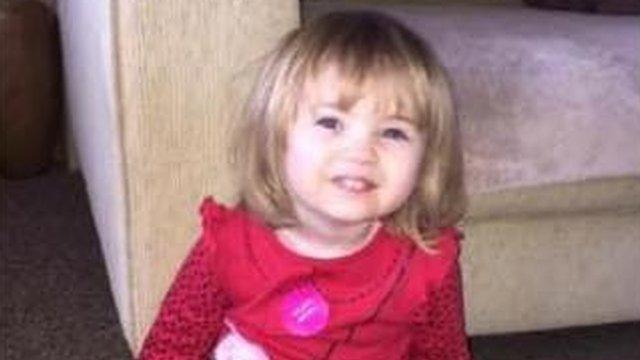Faye Burdett meningitis petition family 'ignored by government'
- Published
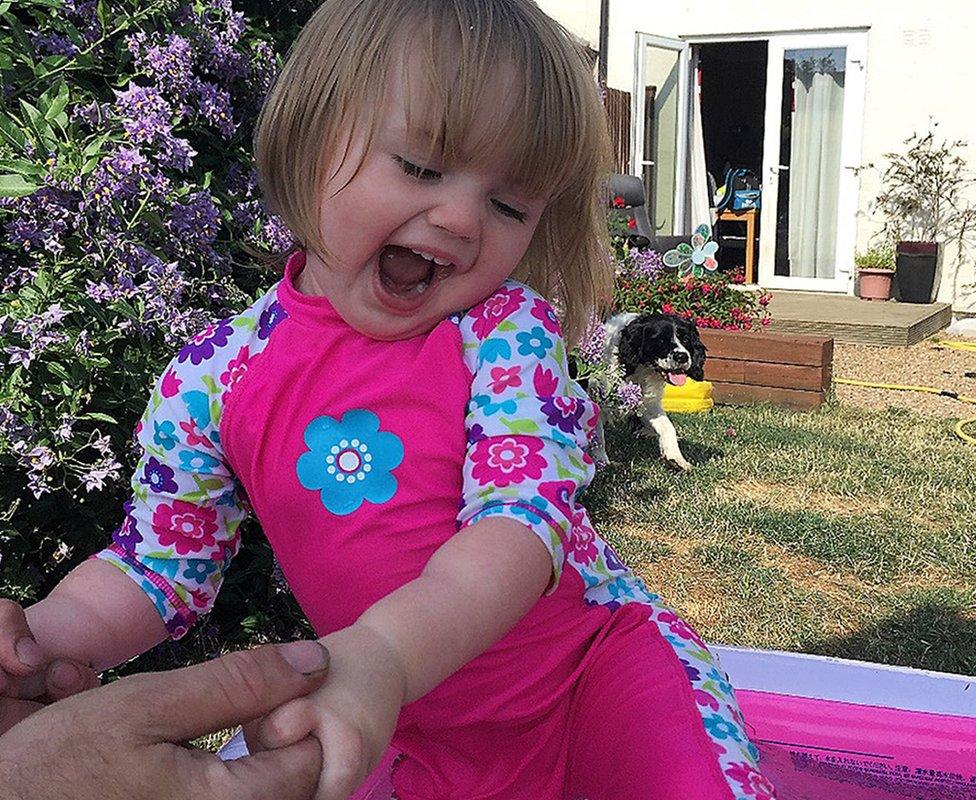
Faye's family remember her as being happy, bright and determined
The father of a two-year-old girl who died from meningitis B has accused the government of doing nothing to raise awareness of the disease.
Neil Burdett's daughter Faye fought the disease for 11 days but died last year.
When the family released photographs of Faye, more than 820,000 people signed a petition for a jab for all children.
Mr Burdett, of Maidstone, gave evidence to MPs but said he had heard nothing. The government said the UK was first to introduce a vaccination programme.
'Fought so hard'
Mr Burdett and his wife Jenny had to make the decision to turn off Faye's life support.
The disease had led to sepsis and they had already signed forms consenting to amputations, but knew the sepsis had caused further damage.
He said: "Her kidneys weren't working and the list went on and on.
"She fought so hard. Turning off the machine was the hardest decision we have ever had to make but it was the right thing to do."
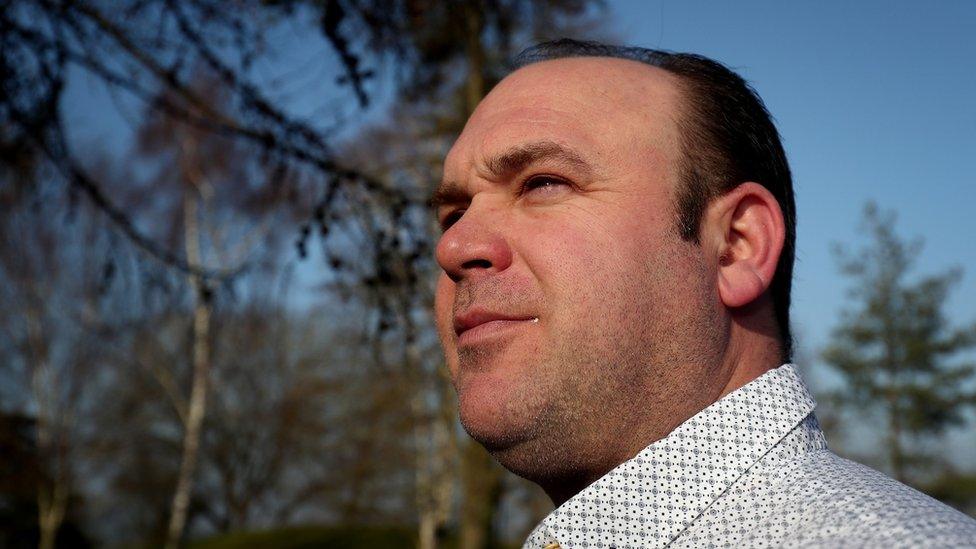
Neil Burdett said the government had done "absolutely nothing"
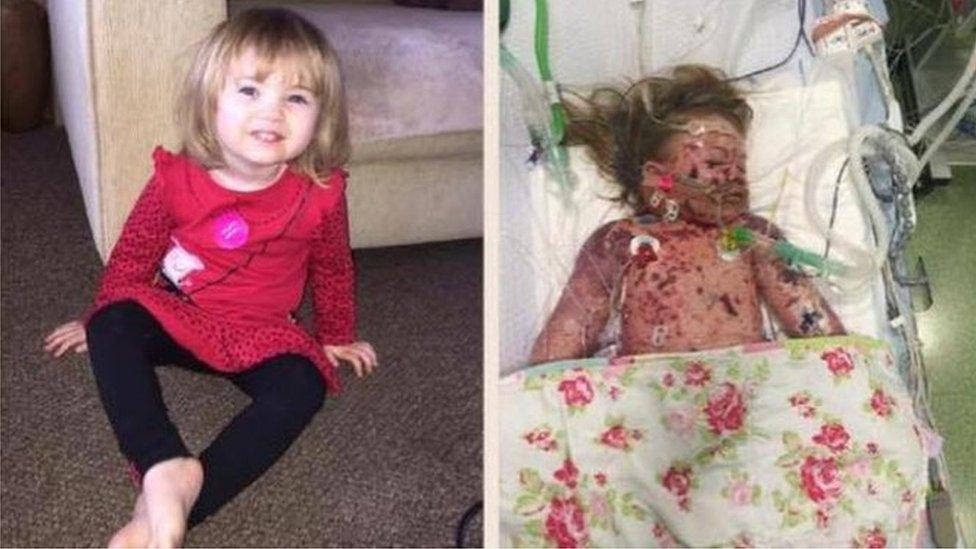
Faye's parents published the picture of their daughter just before her death
He said they remembered their daughter as a "happy girl who loved to run around."
"She loved painting and was very clever for her age, she was so bright and determined."
He said an investigation into Faye's treatment was still ongoing, because she was sent home from Maidstone Hospital but returned seven hours later.
The meningitis B vaccine, Bexsero, is available on the NHS for babies aged two months, but parents who wish to have older children vaccinated must pay privately.
Father says 'nothing done' on meningitis awareness since daughter's death

What is meningitis B?
Symptoms of the bacterial infection, which most often affects children under 12 months old, include a high fever, cold hands and feet, confusion, vomiting and headaches.
Most make a full recovery with early diagnosis and antibiotic treatment, but the disease is fatal in one in 10 cases.
About one in four of those who survive are left with long-term problems, such as amputation, deafness, epilepsy and learning difficulties.
There are about 1,200 cases each year in the UK.

Last year, the government refused to make the vaccine more widely available - a move described by Mr Burdett as "insulting and devastating."
But a spokesman for the Department of Health said: "The UK is the first country in the world to have introduced a national meningitis B vaccination programme using Bexsero.
"We have made important progress, vaccinating more than one million babies since September 2015, in which time the number of cases in infants aged one and under has dropped by 50%.
"In addition our public awareness campaigns on sepsis and meningitis B have seen millions of leaflets distributed to GP clinics, hospitals and other public places - and we'll set out further plans shortly."
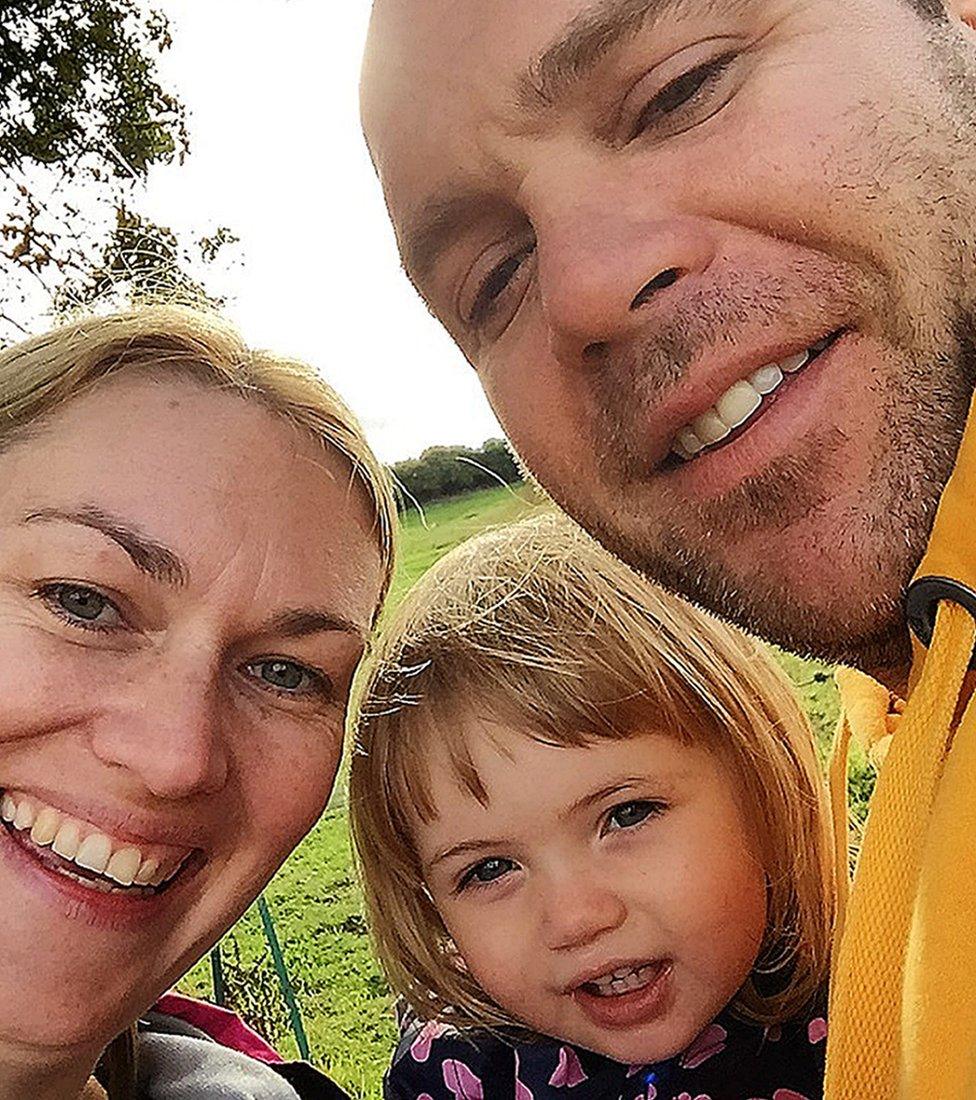
MP Helen Whately said the family's campaign had already saved lives
Helen Whately, a Kent MP who supported the family's campaign for more children to have the vaccine, said the government had been advised that it would not be cost-effective to give the vaccine to older children.
Ms Whately said an independent panel had examined how the cost-effectiveness of vaccines was calculated, and she and other members of the health select committee had been urging the government to publish that report as soon as possible.
She said: "Decisions about how the limited resources of the NHS should be used are never easy - if we spend money on meningitis B vaccines, we can't spend it on another disease - but people deserve to know the basis on which these decisions are made, and to have a chance to challenge them."
The MP said the Burdett's campaign had already done much to raise awareness of meningitis and added: "That in itself will have already saved lives."
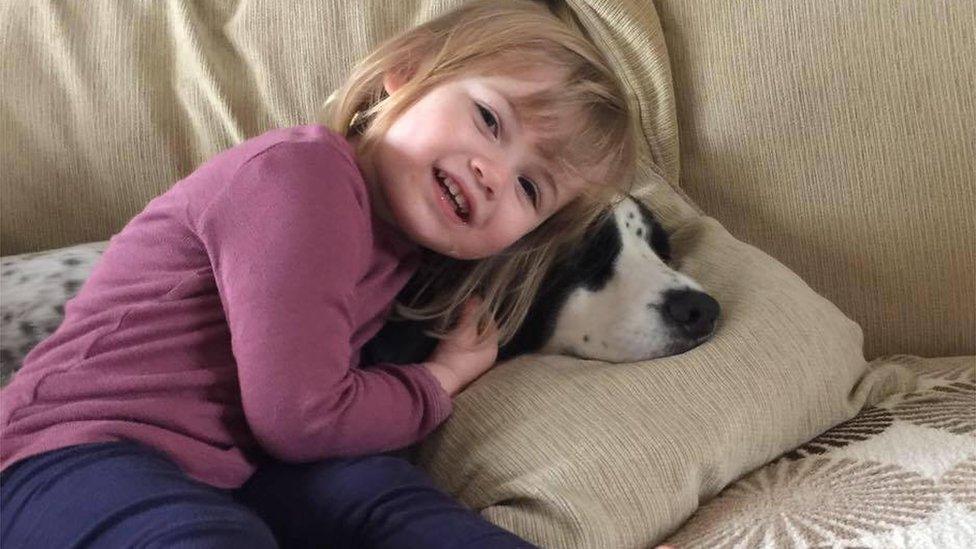
Faye Burdett was taken to A&E with a rash on her forehead but died days later
- Published13 July 2016
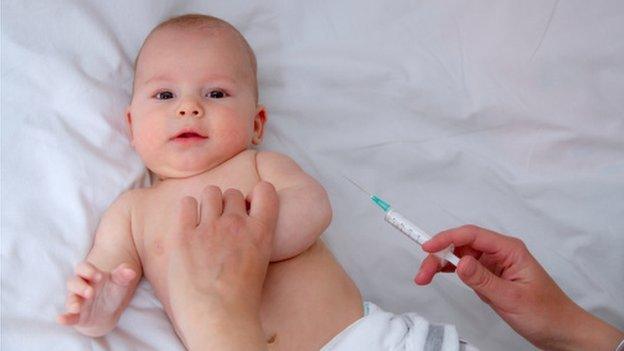
- Published24 February 2016
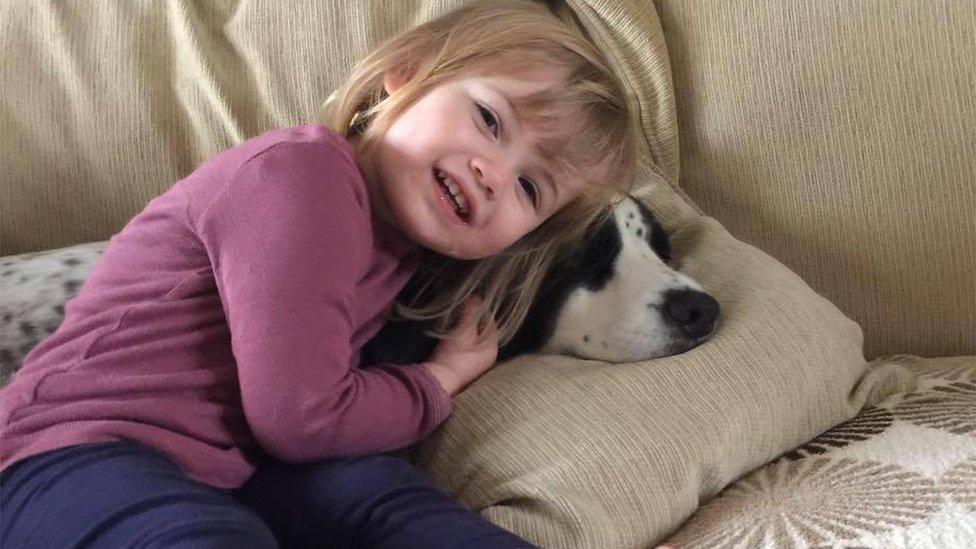
- Published19 February 2016
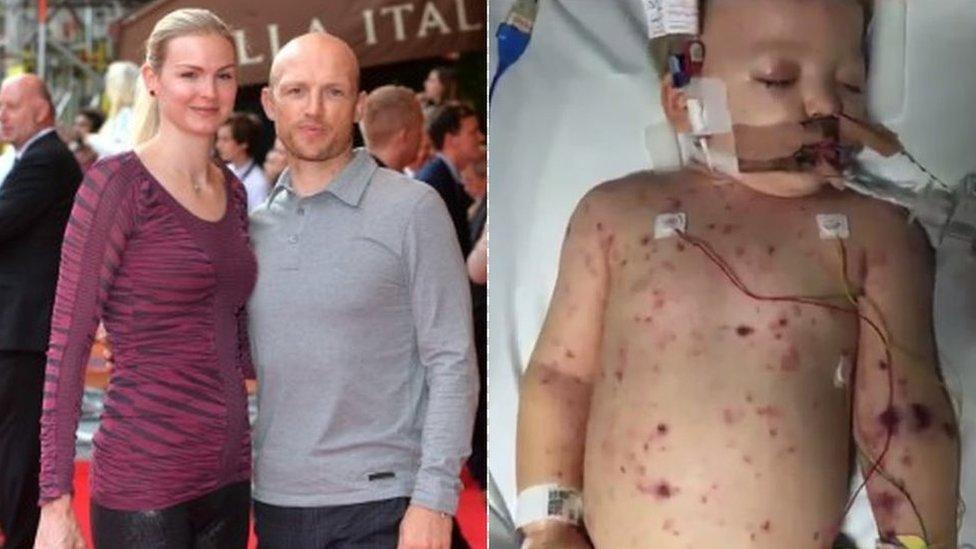
- Published17 February 2016

- Published17 February 2016
